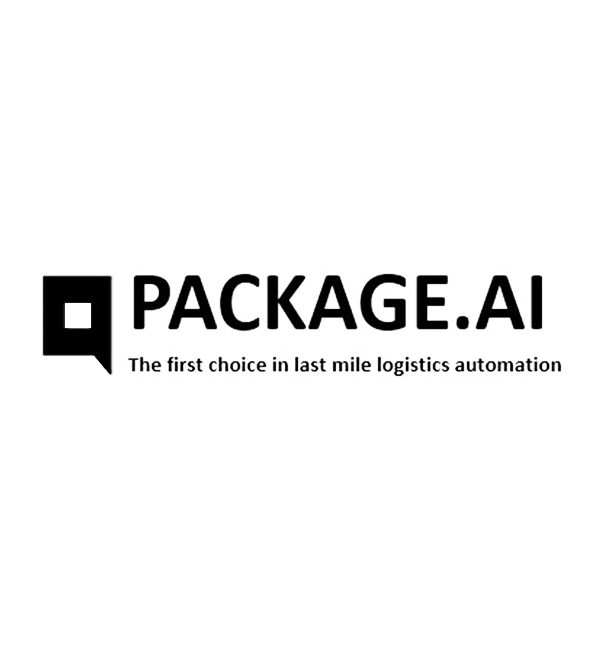With little time to celebrate in 2019
First came President Trump’s much-heralded tax reform, which permanently lowered the corporate rate for furniture retailers and other businesses from 35 percent to 21 percent. Next came the Supreme Court’s ruling in South Dakota v. Wayfair Inc., a huge victory for retailers who long complained they were working at a disadvantage by having to charge sales taxes while most of their online competitors did not.
If 2018 was a banner year for furniture retailers, they might want to hold on tight for 2019, which promises to be just as memorable.
“There’s a lot going on that’s going to impact furniture retailers and a lot of it is still unknown,” says Home Furnishings Association lobbyist Chris Andresen. “The impact of those furniture tariffs and a prolonged trade war with China could easily impact the economy and how that affects furniture sales.”
More on that later. For now, a look back at 2018 and the key issues that impacted Home Furnishings Association (HFA) members.
It’s impossible to look back on the governmental issues affecting furniture retailers and not start with the high court’s 5-4 ruling in June that closed a loophole allowing e-commerce sites to sell, in effect, home furnishings tax-free.
The decision in South Dakota v. Wayfair, Inc. is a victory for HFA’s brick-and-mortar members who have long complained they were put at a disadvantage by having to charge sales taxes while many online competitors did not.
As with many Supreme Court decisions, the hard part comes after the ruling. States eager to collect on a newly found revenue source are trying to come up with their own version of law that closely mimics South Dakota’s legislation, which is what the high court used in making its ruling.
There have been 160 sales-tax bills introduced in 35 states since the court’s ruling, says Andresen. “States are trying to figure out how closely to stick by the South Dakota law while asking themselves, ‘How do I adapt any law for my state?’”
Within trying to craft their own legislation, Andresen says states must wrangle with which businesses are on the hook to collect and report sales tax and which are exempt. South Dakota’s law applies only to those businesses with more than $100,000 in internet sales or at least 200 e-commerce transactions. Many states are following South Dakota’s lead with so-called “copycat” laws. Others are testing the waters. Connecticut, for example, is considering the same number of transactions but with a threshold of internet sales at $250,000.
Just as murky is how the White House’s third round of tariffs in September on Chinese imports—which this time around included furniture and furniture components—will affect HFA members. The White House’s latest list placed a 10 percent tariff on $200 billion of Chinese goods beginning in late September of 2018. That tariff would increase to 25 percent on January 1.
“Retailers I’ve talked with seem to indicate the 25 percent increase seems to be kind of the breaking point,” Andresen says.
Unlike in 2008, when the recession hammered retailers because of high unemployment and the housing crisis, Andresen says the tariffs are a “front-end problem” because they affect a consumer’s discretionary income, but they can be just as punishing to retailers who rely on Chinese imports in their business.
Looking ahead
The New Year promises several issues for Washington leaders to tackle that will affect furniture retailers. One of those is the nation’s failing infrastructure, part of Trump’s presidential agenda that once looked like a sure bet but has been pushed to a back burner.
In the hours after his 2016 victory, Trump announced that his administration was going to “rebuild our highways, bridges, tunnels, airports, schools and hospitals.”
Bipartisan support was immediate. Democrats, led by Senate Minority Leader Charles Schumer, jumped on board.
The need for upgrading the nation’s roads, ports and airports is enormous. Every four years, the American Society of Civil Engineers grades the nation’s infrastructure. Last year, the society offered a grade of D+, warning that the deterioration of the infrastructure is harming the nation’s ability to compete in the global economy.
But two years after the election, the plan is by all accounts dead. Andresen says leaders on both sides of the aisle seem to love the idea of investment in infrastructure, but no one has figured out a way to pay for it.
“Any sort of investment or package we as a country can do for state highways will be a big help to furniture retailers because a lot of delays in shipping or delivery are almost always based on bad roads,” he says.
Another issue Andresen says furniture retailers should keep an eye on in the new year are the state-by-state regulations for dealing with flame retardants in upholstered furniture.
The Senate has begun considering bipartisan legislation to adopt California’s flammability standard for upholstered furniture nationwide.
Passage of the Safer Occupancy Furniture Flammability Act (S3551 or Soffa) would see California’s 2013 regulation, TB 117-2013, become the federal standard.
There is no nationwide flammability standard for furniture. In its absence, California’s approach has served as the de facto national standard.
Other issues that will affect furniture retailers in 2019:
Formaldehyde emissions
The Environmental Protection Agency’s federal formaldehyde emissions regulations took effect June 1, requiring that all composite wood products must be certified as compliant. Composite wood components are found in many furniture products.
The new compliance date means companies that manufacture, import, sell, supply, test or work with composite wood materials must use products certified to comply with TSCA Title VI or the identical California Air Resources Board (CARB) Airborne Toxic Control Measures Phase II emission standards — this is certified by a third party. Andresen says the EPA’s rule might evolve as it is implemented on a national level.
Data breaches
Despite repeated data breaches such as what Target, Home Depot, Uber and, most recently, Saks Fifth Avenue experienced, there continues to be a patchwork of often-conflicting laws about alerting customers and the extent of disclosure.
It is a tale of two industries: Banks and credit card companies have pushed for breach notification legislation that would subject retailers to mandatory security rules while banks themselves would be subject only to discretionary guidance. Retail associations have argued that any new federal law should cover banks, card processors, telecommunications companies and all other entities that handle sensitive consumer data.
Hours of service
The hours of service rule is meant to reduce driver fatigue that could lead to crashes. It limits driving to no more than 11 hours a day within a 14-hour workday. Drivers must then be off duty for 10 consecutive hours.
The Federal Motor Carrier Safety Administration, an agency within the federal Department of Transportation, is expected to publish proposals to make it easier to comply with the hours of service rule. With the recent implementation of electronic logging devices (ELD) across the trucking industry, compliance has increased. The federal Office of Management and Budget received the proposals in August, but the Trump Administration must first approve them before any changes to the rule-making can occur.
The FMCSA hopes drivers can avoid counting the time they wait for a load or sitting in traffic. If this were to happen, drivers could move more cargo within the 11-hour shift. That would help address a booming economy and a shortage of drivers. Trucks play a large role in the transportation system, carrying about 71 percent of the nation’s freight.












